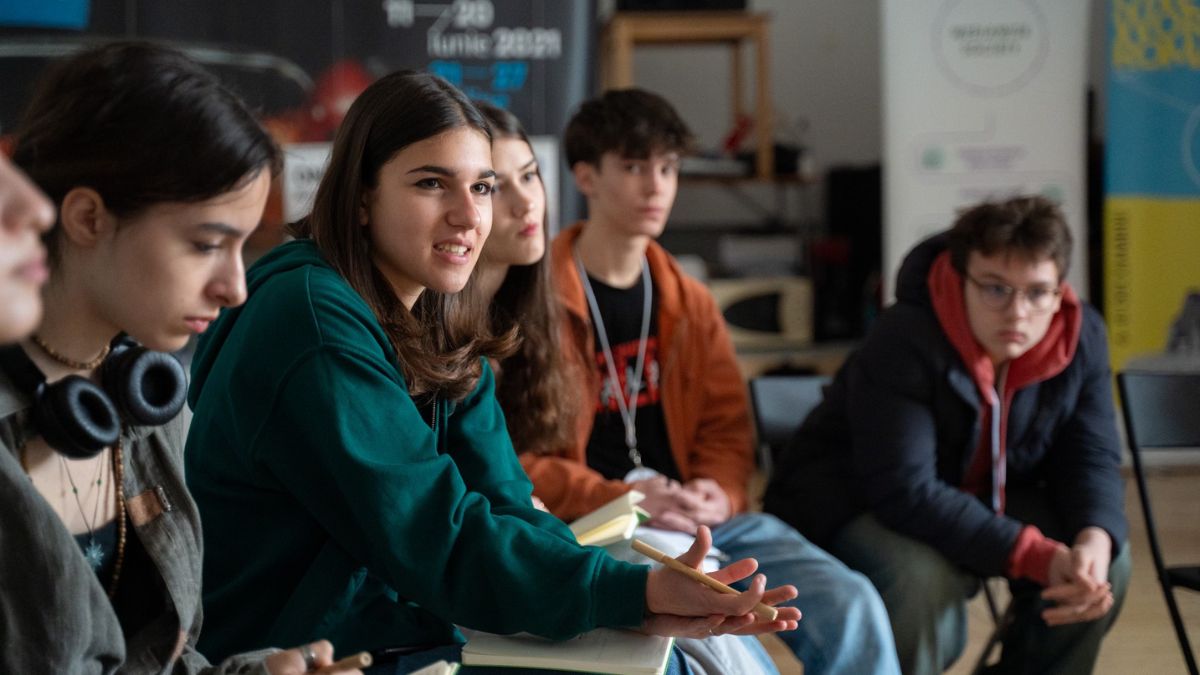Cred că e greu să ai pretenții de la cititorii care nu sunt în proximitatea războaielor/atrocităților să acorde atenție subiectelor de acolo, așa cum își dorește Max Fisher, autorul articolului „Did the media ignore the Beirut bombings? Or did readers?„, publicat ieri pe platforma online Vox.com.
Pe scurt, autorul se plânge de faptul că o informație eronată despre cum presa occidentală nu ar fi relatat despre bombardamentele din Beirut zilele acestea a fost preluată și retrasmisă pe Twitter de foarte mulți utilizatori.
If social media is an expression of public sentiment, then it seems significant that perhaps the most widely shared tweet on Friday’s terror attacks in Paris was not about Paris at all but rather was about another terror attack, earlier that week, in Beirut: (photo in the link)
The photo in this tweet is not, in fact, from last week’s blast in Beirut. Rather, it is from 2006, during Israel’s war against Hezbollah in Lebanon. But what is most striking to me about this tweet, now shared by well over 50,000 people, is that it’s wrong: The media has, in fact, covered the Beirut bombings extensively.
Și apoi ne povestește cum a tot încercat de-a lungul timpului (autorul a relatat din zone de război) să atragă interesul cititorilor asupra acestor subiecte.
I still hold out hope that it’s possible to get readers interested. And I have been trying over and over in the five years since to get readers engaged with these stories. Incidents of mass violence in the world are, I believe, desperately important for readers to know. Not just so that readers can offer sympathy to the victims, but so that they may better understand what’s happening in the world and thus can better and more actively participate in whatever role they have to play as voters and global citizens. But unless the victims are either children or Christian, I have never really succeeded in getting readers to care about such bombings that happen outside of the Western world.
Ceea ce uită Max Fisher este că oamenii sunt în primul rând preocupați de ceea ce se întâmplă în realitatea lor imediată. Or, autorul își dorește niște global citizens (cetățeni globali) cărora să le pese. În general, să le pese. Greu! E nevoie de multă disponibilitate, mai ales emoțională.
Și dacă totuși unii dintre noi suntem atenți și încercam să empatizam cu ceea ce se întâmplă în Orientul Mijlociu sau în alte zone de război din afara Europei și Statelor Unite, nu reușim să o facem permanent și angajat. Mai ales atunci când subiectele au impact emoțional puternic (cum ar fi cele despre victimele războiului).
Altfel, interesantă întrebarea: de ce aceiași cititori, altfel dezinteresați – autorul își bazează argumentul dezinteresului pe baza traficului scăzut al articolelor și pe rata mică de Share pe social media – au propagat ideea că presa nu relatează despre aceste subiecte? În primul rând, nu știm dacă este vorba despre aceiași cititori. Apoi, răspunsul poate fi găsit într-un posibil comportament de turmă (acela de a da Share pe rețele de socializare online, fără a judeca prea mult informația, care le susține convingerile). Sau, cum spune autorul, poate fi găsit în tendința noastră de a ne susține ideile fixe cu orice dovadă, cât de mică. Fără a mai verifica faptele, care contează cel mai mult.
I was thus a bit surprised, over the past week, to see an outpouring of reader outrage. So what’s driving people to scold media outlets for not covering an event they have in fact covered extensively?
At the most basic level, I suspect this may reflect a very human tendency with which we in the media are all too familiar: People start with a narrative they feel is true, and then look for evidence to support that narrative.
In this case, people began with the narrative that the world gives lesser weight to the suffering of non-Westerners — absolutely true — and then latched onto a piece of evidence, the supposed lack of media coverage, that supported their narrative. The fact that the media has in fact covered Beirut, and that the tweet capturing this outrage contained a photo from 2006, was in many ways beside the point.
Toate aceste răspunsuri posibile pot deveni întrebări bune de pus în audience research (cercetări despre felul cum folosesc oamenii media și/sau despre preferințele publicului/consumatorilor de media).




